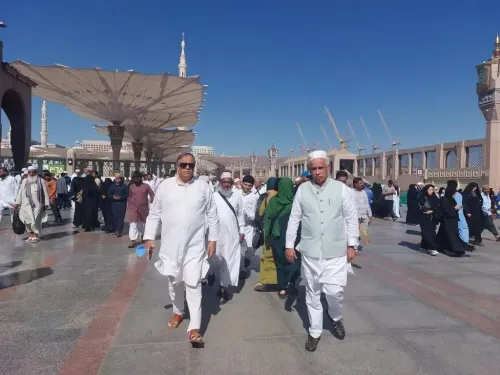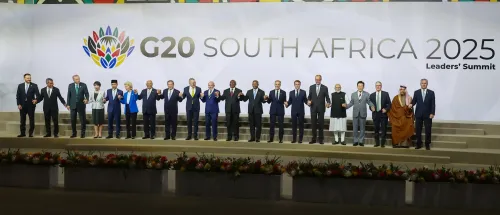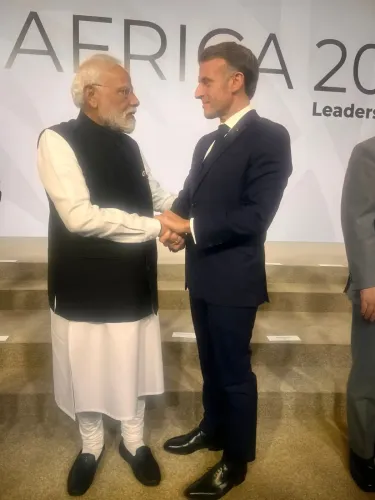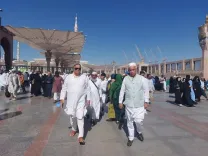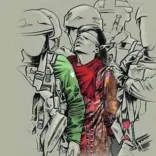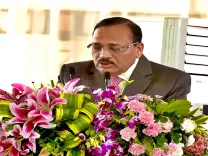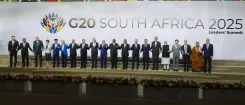What Warning Did Yemen's Presidential Council Issue to Houthis?
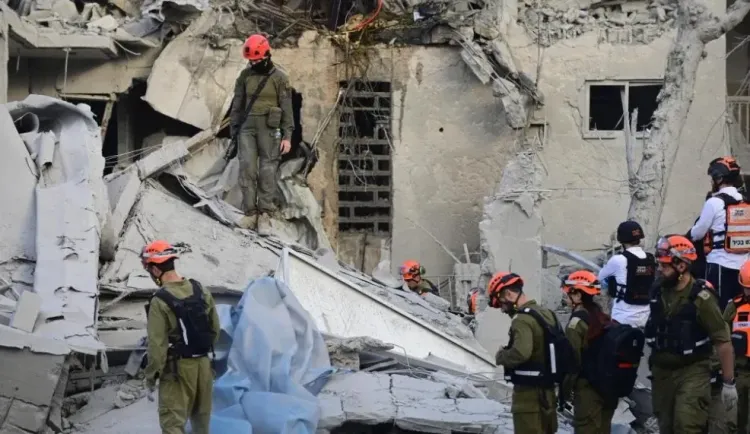
Synopsis
Key Takeaways
- The PLC's warning emphasizes accountability.
- Potential for deepening crises in Yemen.
- Houthi commitment to supporting Gaza continues.
- Escalating military operations complicate regional stability.
- Need for humanitarian focus amidst conflict.
Aden (Yemen), June 19 (NationPress) The Presidential Leadership Council (PLC) of Yemen has cautioned the Houthi group against involving the war-ravaged Arab nation in broader regional conflicts, particularly in light of the intensifying confrontation between Israel and Iran, according to local media sources.
In a significant meeting held on Wednesday, the PLC emphasized that it would hold the Houthi group and its backers entirely accountable for the severe consequences resulting from any reckless actions originating from Yemeni soil.
The council warned that such reckless actions could plunge Yemen into deeper crises, including the increased militarization of waterways, jeopardizing food security, livelihood opportunities, and worsening the humanitarian plight of the Yemeni population.
In response to the warning, the Houthi group reiterated its commitment to conducting cross-border operations in solidarity with Gaza, as reported by Xinhua and the state-run Saba news agency.
Mahdi al-Mashat, the head of the Supreme Political Council, the Houthi's highest governing body in Sanaa, described the situation in Gaza as an ongoing criminal Israeli aggression. In a statement broadcast on al-Masirah TV, al-Mashat declared that the Houthis' operations in support of Gaza would continue, regardless of sacrifices.
The PLC's warning comes amidst escalating military operations between Israel and Iran since Friday, with Israel intensifying attacks on Iranian sites while Tehran retaliates with missile strikes against Israeli territories.
The Houthi group announced on Sunday that it had launched a series of hypersonic ballistic missiles targeting “sensitive” sites in Tel Aviv, claiming these strikes were coordinated with Iranian military operations against Israel.
Meanwhile, Israel Defense Forces (IDF) spokesman Effie Defrin stated on Wednesday that the Israeli Air Force has initiated new attacks in western Iran.
Defrin noted that Israeli fighters targeted launch and storage facilities for surface-to-surface missiles, aiming at operatives attempting to extract munitions from previously attacked sites.
This operation marks the third major wave of Israeli airstrikes on Iran in the last 24 hours, with an initial operation involving over 50 fighter jets hitting around 40 targets in the vicinity of Tehran.
Among the targeted sites was a centrifuge production facility, a crucial element in the Iranian regime's uranium enrichment efforts, and another site near Tehran that produced anti-tank missiles intended for the Lebanese militant group Hezbollah.
The second wave of strikes commenced on Wednesday afternoon, resulting in over 20 additional targets being struck in the Tehran area.

